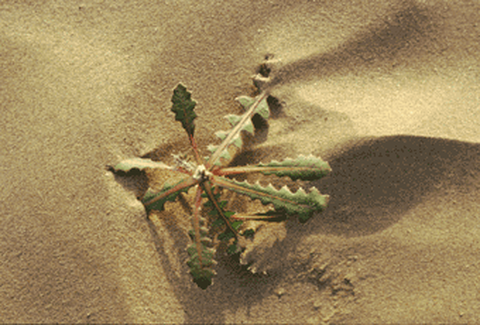Optimizing Irrigation Efficiency with Physically Based Modelling and Artificial Neural Networks
At present, three quarters of the world's water consumption is used for agriculture and food production. A greatly improved water management is required to increase the low irrigation efficiency of the widespread surface irrigation systems (around 38 %). Unresolved problems exist due to the complexity of the physically based modelling of the highly dynamic water distribution in the field in combination with the nonlinear optimisation of the irrigation parameters.
This project aims to combine rigorous process modeling with soft-computing optimization methods - like evolutionary algorithms and artificial neural networks - to control onfield water distribution in surface irrigation. First results with the new strategy show that this method has a high potential for increasing irrigation efficiency. Furthermore, it is robust and easy to handle in practice.
Duration: Jul. 1999 - Dez. 2005
sponsort by: DFG

